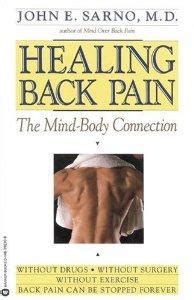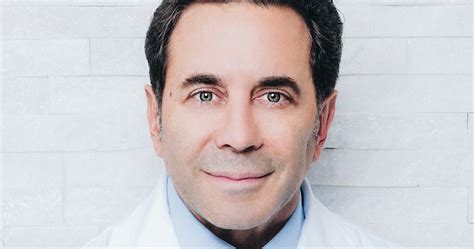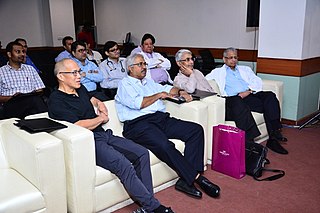A Quote by Sam Kean
Brain surgery couldn't happen without the patient's own active voice to guide the work. The patient is part of the surgical team here, perhaps the most important part, and above all, that's what makes neurosurgery different.
Related Quotes
I wanted to say something to cheer her up. I had a feeling that cheering her up might be a lot of work. I was thinking of how sometimes, trying to say the right thing to people, it’s like some kind of brain surgery, and you have to tweak exactly the right part of the lobe. Except with talking, it’s more like brain surgery with old, rusted skewers and things, maybe like those things you use to eat lobster, but brown. And you have to get exactly the right place, and you’re touching around in the brain but the patient, she keeps jumping and saying, “Ow.
Is it better to work out consciously and critically one's own conception of the world and thus, in connection with the labours of one's own brain, choose one's sphere of activity, take an active part in the creation of the history of the world, be one's own guide, refusing to accept passively and supinely from outside the moulding of one' own personality?
I am interested in levels of brain discourse. How articulate are the voices in your head? You know, there's a different voice for the phone, and a different voice if you're talking in bed. When you're starting off with a narrator, it's interesting to think, where is their voice coming from, what part of their brain?
Be patient with everyone, but above all with yourself. I mean do not be disheartened by your imperfections, but always rise up with fresh courage. How are we to be patient in dealing with our neighbour's faults if we are impatient in dealing with our own? He who is fretted by his own failings will not correct them. All profitable correction comes from a calm and peaceful mind.






































